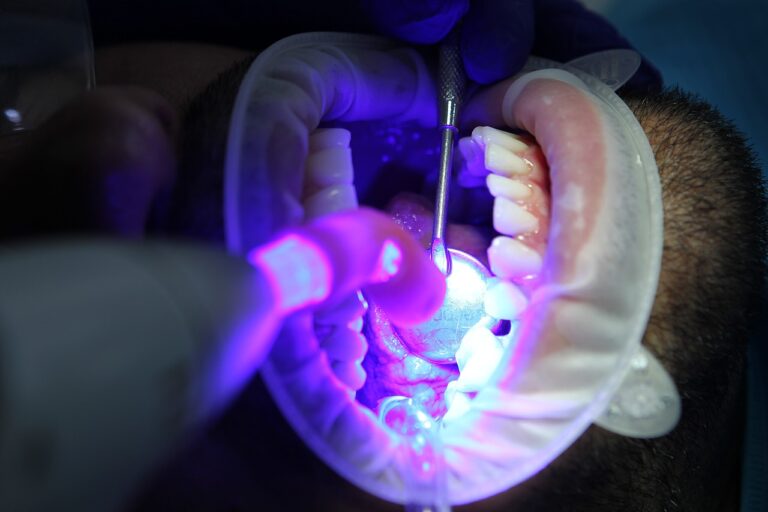The Future of Hospitals: Redefining Healthcare Infrastructure
The traditional hospital infrastructure is grappling with numerous challenges in the modern healthcare landscape. One of the biggest issues is the limited capacity to accommodate the growing number of patients, leading to overcrowded waiting areas and longer wait times for consultations and treatments. Additionally, outdated equipment and facilities hinder the delivery of efficient and effective care to patients, highlighting the urgent need for infrastructure upgrades.
Moreover, the lack of connectivity and interoperability among different hospital systems and departments poses a significant obstacle to seamless communication and collaboration among healthcare professionals. This fragmentation in information sharing can lead to delays in diagnosis, treatment, and patient care coordination, ultimately affecting the overall quality of healthcare services provided by traditional hospitals.
Integration of technology in healthcare facilities
The integration of technology in healthcare facilities has revolutionized the way patient care is delivered. With the advancement of electronic health records and telemedicine, healthcare providers can now access patient information quickly and easily, leading to more efficient and coordinated care. Additionally, the use of wearable health devices and remote monitoring systems allows for real-time tracking of patients’ vital signs, enabling early detection of health issues and timely intervention.
Moreover, technology has also improved communication between healthcare providers and patients. Online appointment scheduling, secure messaging platforms, and virtual consultations have made healthcare more accessible and convenient for individuals. Patients can now have better control over their health by accessing educational resources, monitoring their health data, and actively participating in shared decision-making with their healthcare providers.
Shift towards patient-centered care
Advancements in healthcare are leading to a notable shift towards patient-centered care. This approach prioritizes the individual needs and preferences of patients, aiming to improve overall satisfaction and outcomes. As healthcare facilities strive to enhance the overall patient experience, they are increasingly focusing on building stronger patient-provider relationships and tailoring treatment plans to meet the specific needs of each individual.
Patient-centered care emphasizes collaboration and communication between healthcare providers and patients. By involving patients in decision-making processes and treatment plans, healthcare facilities can ensure that care is personalized and aligned with the goals and values of the patient. This approach not only increases patient satisfaction but also improves health outcomes by fostering a sense of empowerment and engagement in one’s own healthcare journey.





